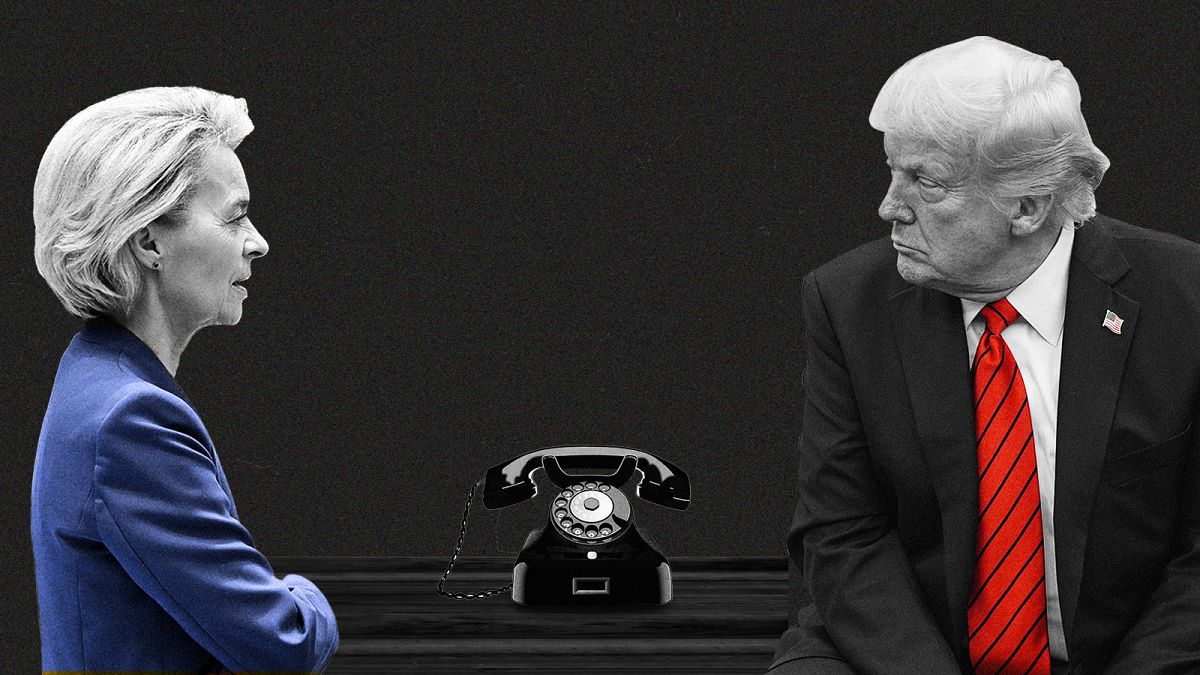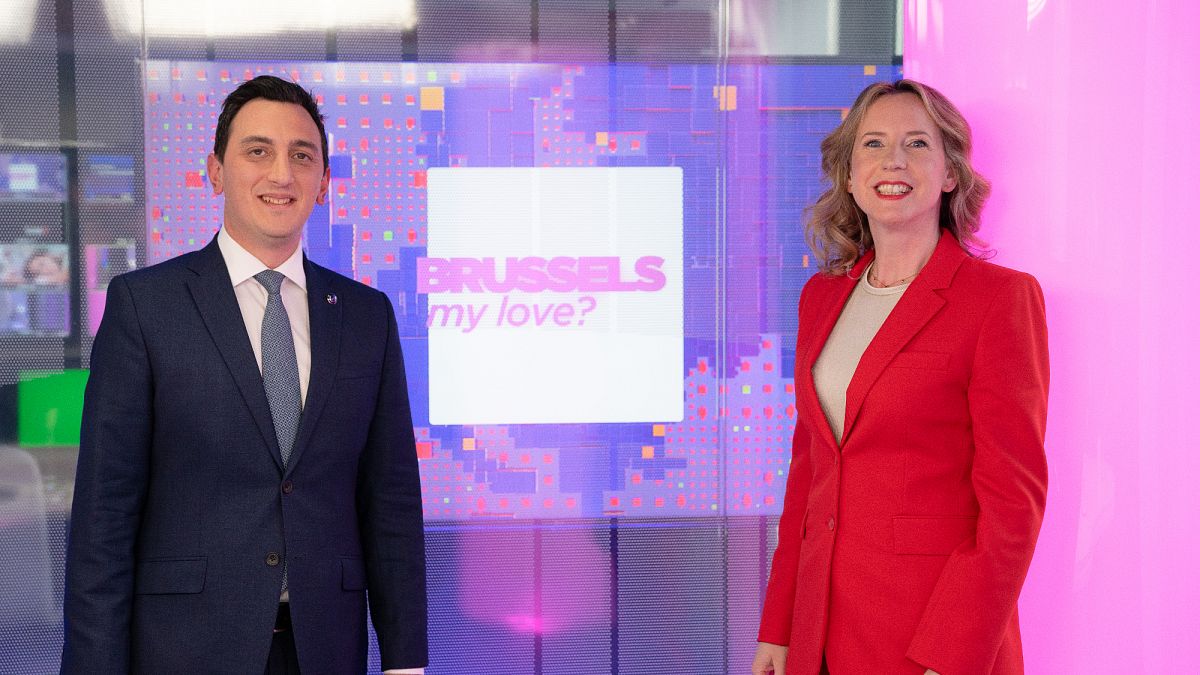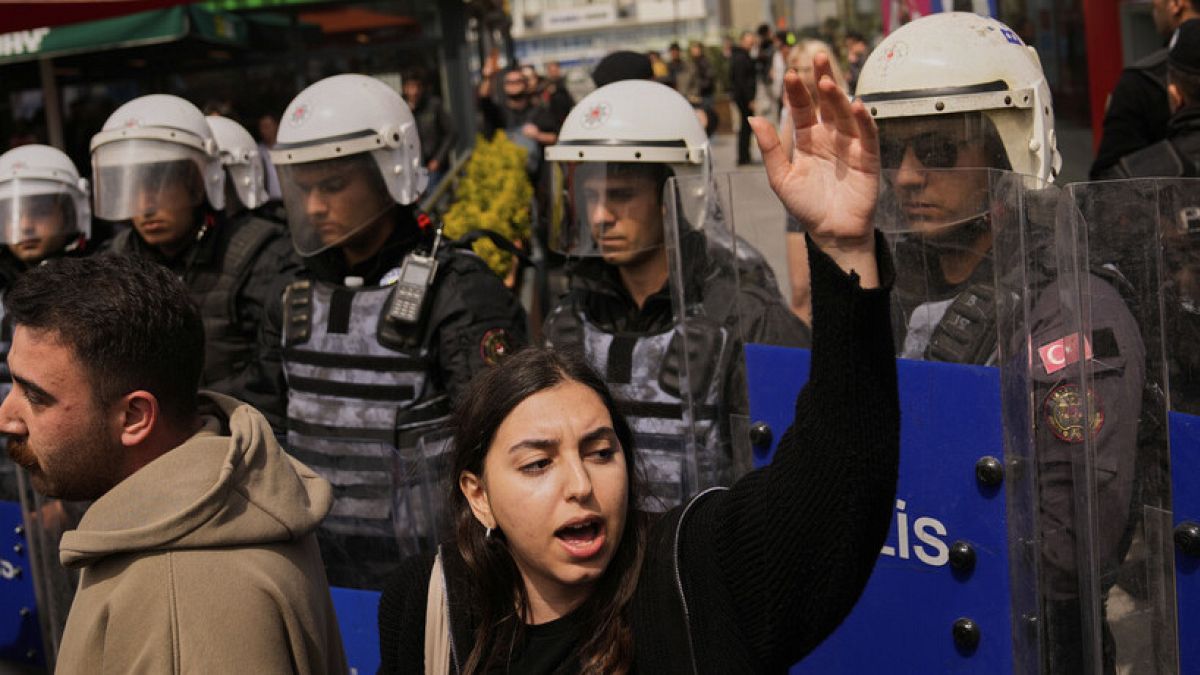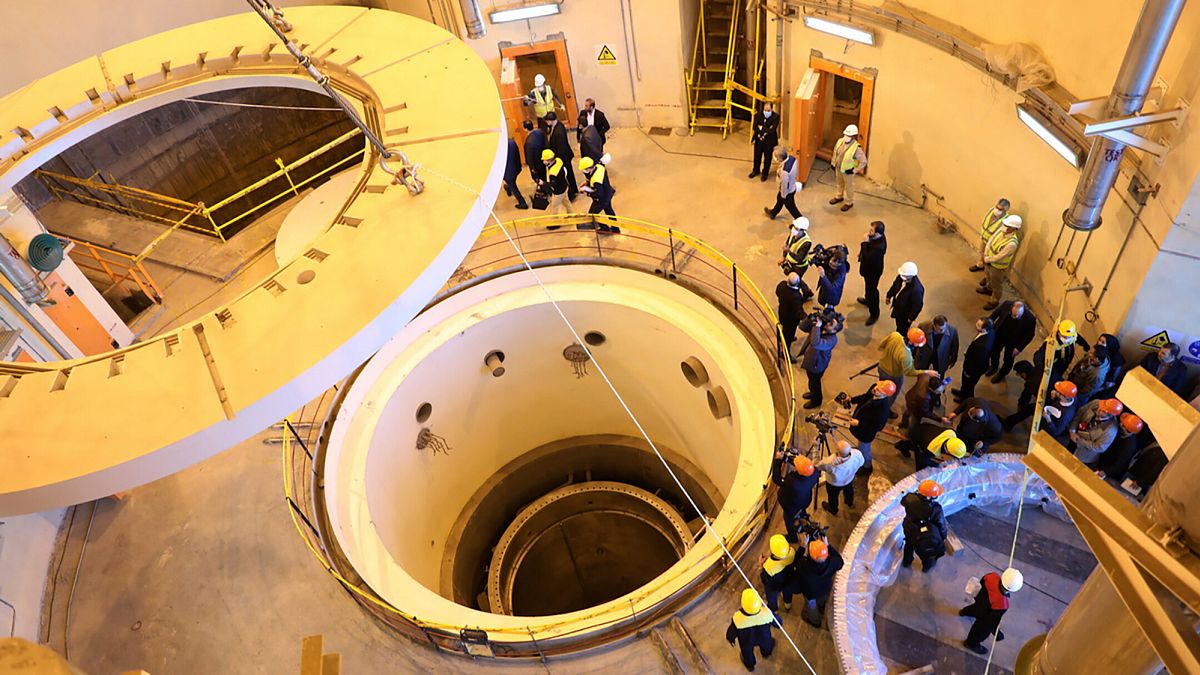A group of 13 EU countries, including Germany and France, have denounced Viktor Orbán's visit to Georgia as "premature".
Viktor Orbán has praised the parliamentary elections in Georgia as "free and democratic" despite facing backlash from other European Union members over his visit to the capital, Tbilisi.
A group of 13 countries, including Germany and France, blasted the Hungarian prime minister for being "premature" and lacking a mandate to speak on the bloc's behalf.
Saturday's closely watched poll saw the ruling Georgian Dream party win a majority of seats with 54% of all votes, followed at a distance by several opposition parties.
A joint observation mission led by the Organization for Security and Co-operation in Europe (OSCE) said the elections were "well organised and orderly" but found a "tense environment" and "widespread reports of pressure on voters", including cases of intimidation, coercion and vote-buying that "compromised" the secrecy of the vote.
"I read the assessment of international organisations and I see that nobody dares question that this election was a fair and democratic election," Orbán said on Tuesday, speaking next to his Georgian counterpart, Irakli Kobakhidze.
"Alongside all the criticism nobody dared go that far."
Orbán, whose country currently holds the rotating presidency of the EU Council and is tasked with chairing ministerial meetings, expressed support for Georgia's ambitions to join the bloc, calling the election results a "pro-European choice" in favour of "peace".
"Nobody wants to destroy his own country and bring it into a senseless war," he said, in an apparent reference to Russia's invasion of Ukraine.
Kobakhidze, who has sought to minimise the alleged irregularities, voiced his "personal gratitude" to Orbán and said both countries were connected by "Christian values".
"The fact that the prime minister's visit is taking place during Hungary's presidency of the Council of the European Union carries particular significance," Kobakhidze said.
"Our primary foreign policy priority is European Union integration. In this regard, Hungary plays a crucial role."
'He does not speak on behalf of the EU'
The celebratory words stand in stark contrast with the political consensus across Europe.
The European Commission, the High Representative and the president of the European Council have all demanded a swift and transparent investigation into the alleged irregularities in Georgia. While Brussels has not questioned the legitimacy of the results, it has raised serious concerns about the possible impact of Russian interference.
"There is not a single reason why Putin should have a say in the future of young Ukrainians or Moldovans or Georgians," European Commission President Ursula von der Leyen said on Monday.
"For so many years now, the people of Georgia have been striving and fighting for democracy. They have a right to know what happened this weekend," she went on.
"Georgians, like all Europeans, must be masters of their own destiny."
Meanwhile, 13 member states penned a joint letter openly condemning Orbán's trip to Tbilisi and "all violation of international norms for free and fair elections."
"We criticize Prime Minister Orban’s premature visit to Georgia. He does not speak on behalf of the EU," the EU affairs ministers wrote.
The letter was led by Germany and co-signed by the Czech Republic, Denmark, Estonia, Finland, France, Ireland, Lithuania, the Netherlands, Luxembourg, Poland, Portugal and Sweden. Two of the bloc's biggest countries, Italy and Spain, were not included.
"The violations of electoral integrity are incompatible with the standards expected from a candidate to the European Union. They are a betrayal of the Georgian people’s legitimate European aspiration," the ministers said.
EU-Georgia relations have severely deteriorated under Kobakhidze's rule, effectively freezing the country's long-held aspirations to join the bloc.
Brussels has censured Georgian Dream for introducing legislation that weakens the country's democracy and emulates Russian authoritarianism. A highly controversial law that creates a public register of foreign-funded media outlets and NGOs prompted EU leaders to freeze Georgia's accession process.
The ruling party's threat to outlaw its main opponents and a new bill curbing LGBTQ+ rights fuelled further criticism.
Orbán's trip to Tbilisi "takes place exclusively in the framework of bilateral relations between Hungary and Georgia," a European Commission spokesperson said on Monday. "Prime Minister Orbán has not received any mandate from the EU Council to visit Tbilisi."
The 27 EU leaders are set to meet next week in Budapest for an informal summit where the elections in Georgia will be discussed to assess next steps.

 5 months ago
45
5 months ago
45






 We deliver critical software at unparalleled value and speed to help your business thrive
We deliver critical software at unparalleled value and speed to help your business thrive






 English (US) ·
English (US) ·